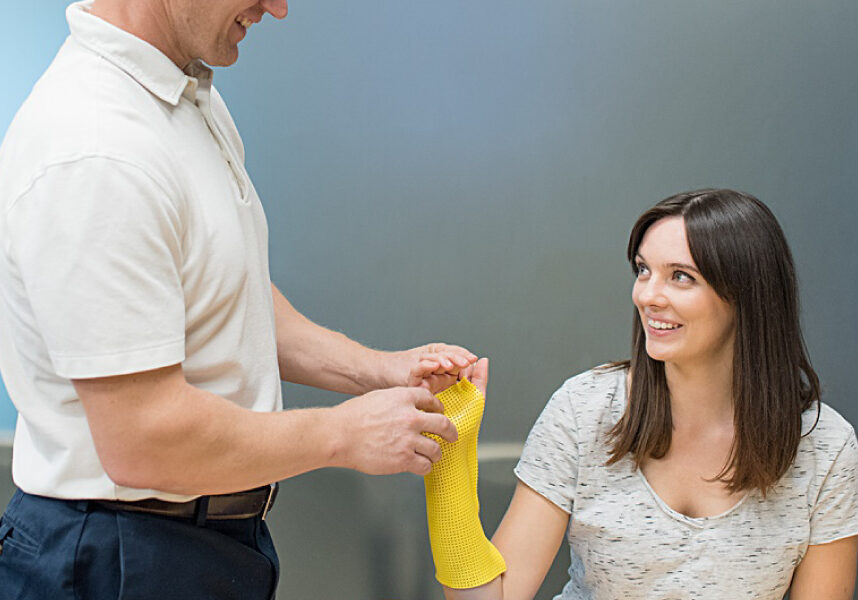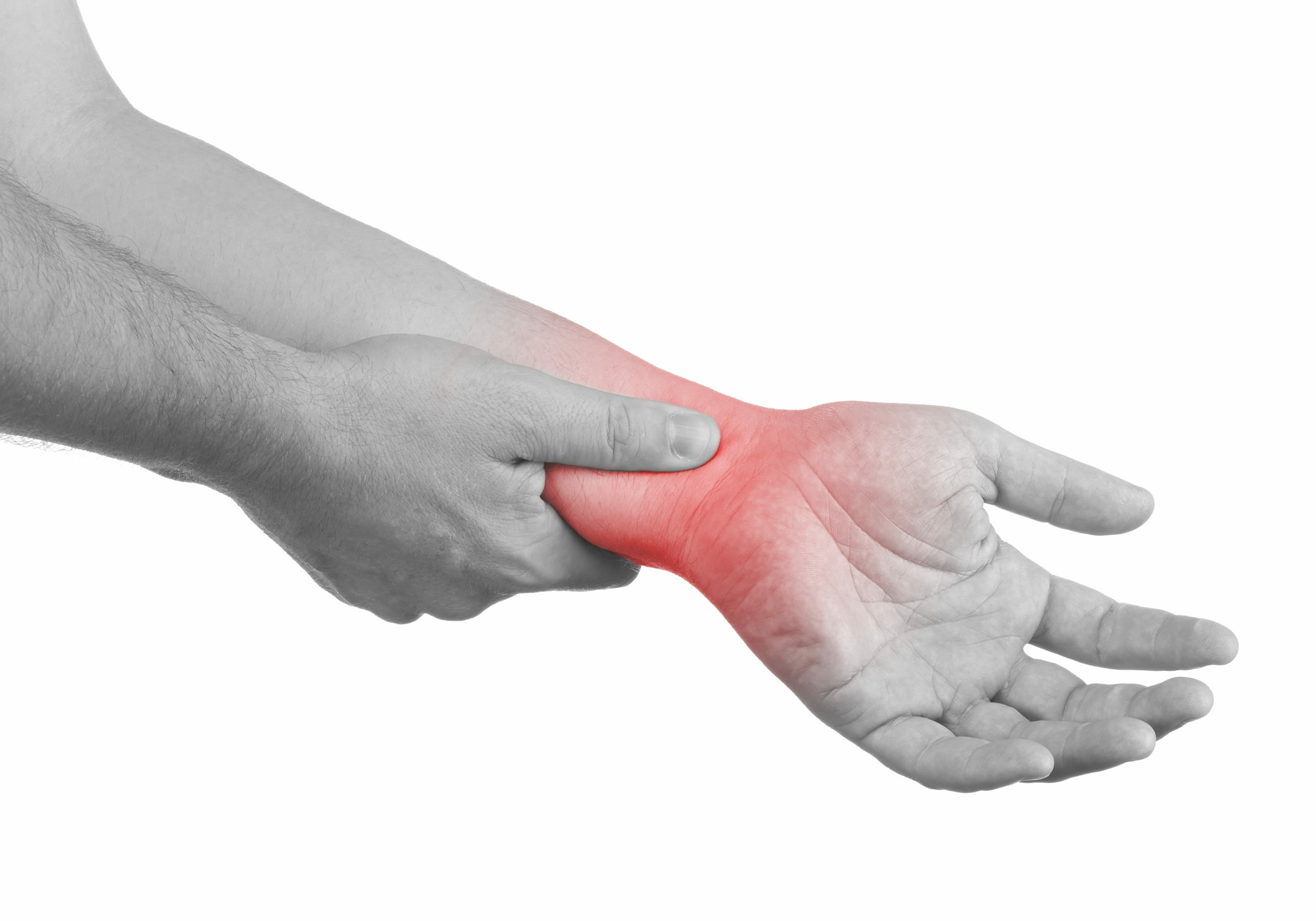New Distal Bicep Tendinopathy Provocative Test for Hand Therapist
Filed under Evaluation
Caekebeke, P., Schenkels, E., Bell, S. N., & van Riet, R. (2021). Distal biceps provocation test. The Journal of Hand Surgery.
The Skinny:
These surgeons were looking for a provocative test for distal bicep tendinopathy (distal biceps tendonitis test), specifically partial tears, that was more sensitive and specific. Complete tears are more easily tested in the clinic, but more precise tests are needed for partial tears before MRI use is warranted. This study investigated the merits of the Bicep Provocative Test (BPT).
In The Weeds:
The BPT is conducted with the patient’s arm flexed at 70 degrees. Step one is isometric flexion against resistance in supination. Step 2 (BPTp) is the same stimulus with the forearm in pronation. The pronated position is postulated to create more pain response with this test, given that the distal bicep tendon’s attachment to the radial tuberosity results in different mechanics in supination versus pronation.
“The distal biceps tendon wraps around the radial tuberosity when the arm is pronated, and the tendon is stretched and compressed when the biceps is activated”
The BPT was conducted on 60 individuals in a double-blind manner. Thirty individuals had suspected distal bicep pathology and 30 patients with other pathology of the elbow. Results of the provocative test were confirmed with MRI or from surgical findings.
Taking it Home:
The BPT produced a sensitivity and specificity of 100% each. The pronation position produced increased pain versus the supinated position by 5-6 points on the visual analog scale (0-10). This suggests that the pronated position might be more sensitive on a larger sample size. This provides therapists with a clinic-based provocative test to direct care or outside referral for partial distal bicep tendon pathology.
Rating: 4/5
The sample size for this study was relatively small at 60 participants, and the sensitivity and specificity would almost certainly be less than 100% with more participants. Overall, however, this is a well-written article that introduces a new provocative test that clarifies the identification of an otherwise difficult to diagnose pathology.
3 Comments
Leave a Comment
More To Read
7 Tips to Help your Patients Manage Hand Osteoarthritis
Our hands are one of the most intricate structures in the human body. They are composed of a network of tendons, ligament and nerves that make it possible to perform daily tasks such as unlocking a door, peeling an egg, or sending an email to a friend. Osteoarthritis in your hands can make these simple…
Read MoreTop 5 Hand Therapy Toys for Kids
Many therapists in hand therapy clinics have a lot of tools for their adult patients, but may not have as many tools for the less common pediatric patient. With nearly 20 years experience in pediatrics, we’ve compiled a list of our top 5 picks for tools to use with pediatric patients in hand therapy. We…
Read MoreManagement of a TFCC Injury in Hand Therapy
By: Taylor Volentine The wrist is composed of very complex joints that assists with movement in individuals of all ages and abilities. For instance, an active individual who participates in sports such as tennis, football, or gymnastics may increase the probability for wrist complications and injury (Morrison, 2019). Individuals with repetitive trauma from work or…
Read MoreSign-up to Get Updates Straight to Your Inbox!
Sign up with us and we will send you regular blog posts on everything hand therapy, notices every time we upload new videos and tutorials, along with handout, protocols, and other useful information.






Thank you for this concise review! You and Josh are great and appreciated!
Thank you, Cece! So great to hear from you.
What are your recommendations for treatment of partial distal bicep tendon tears? Thank you very much.